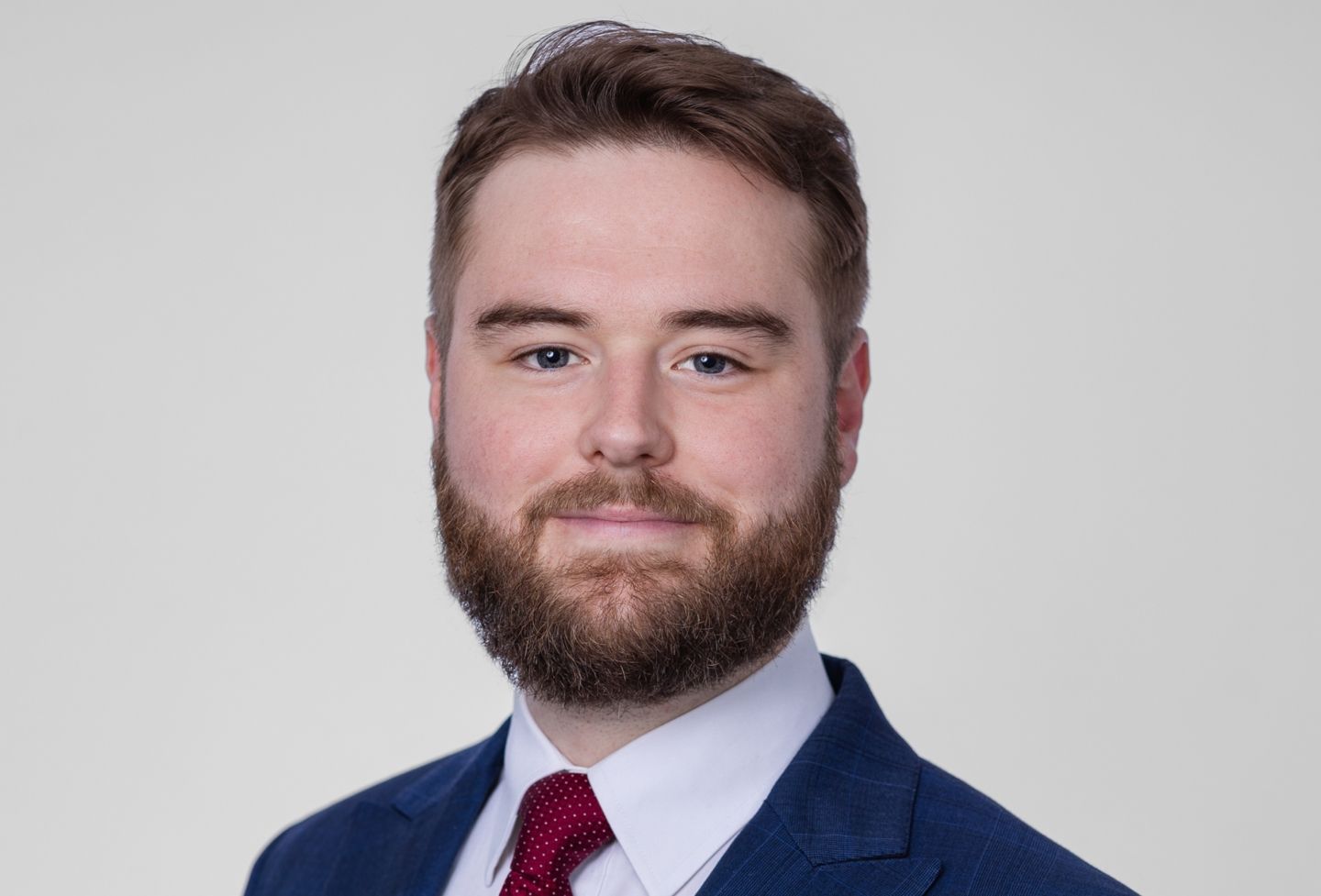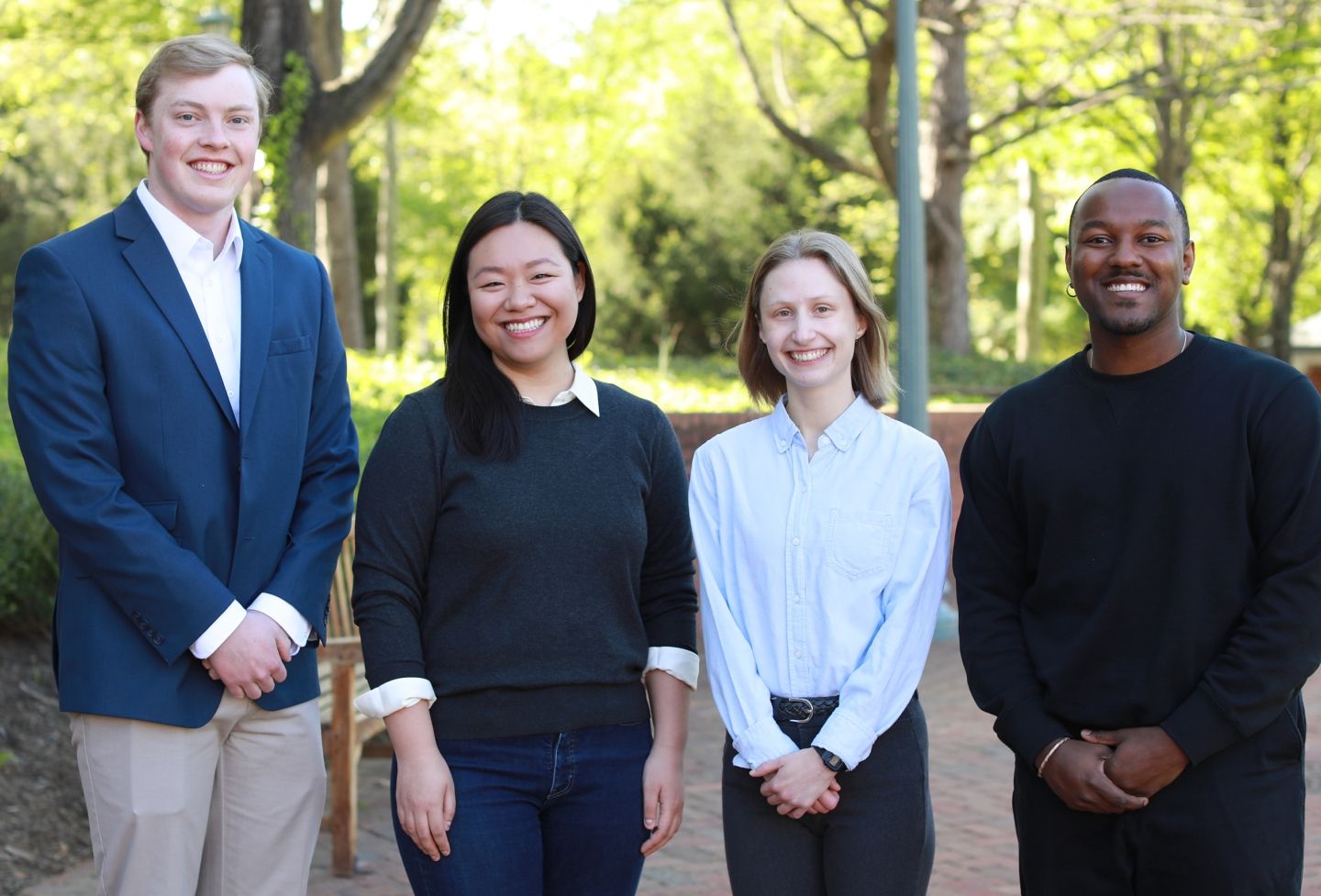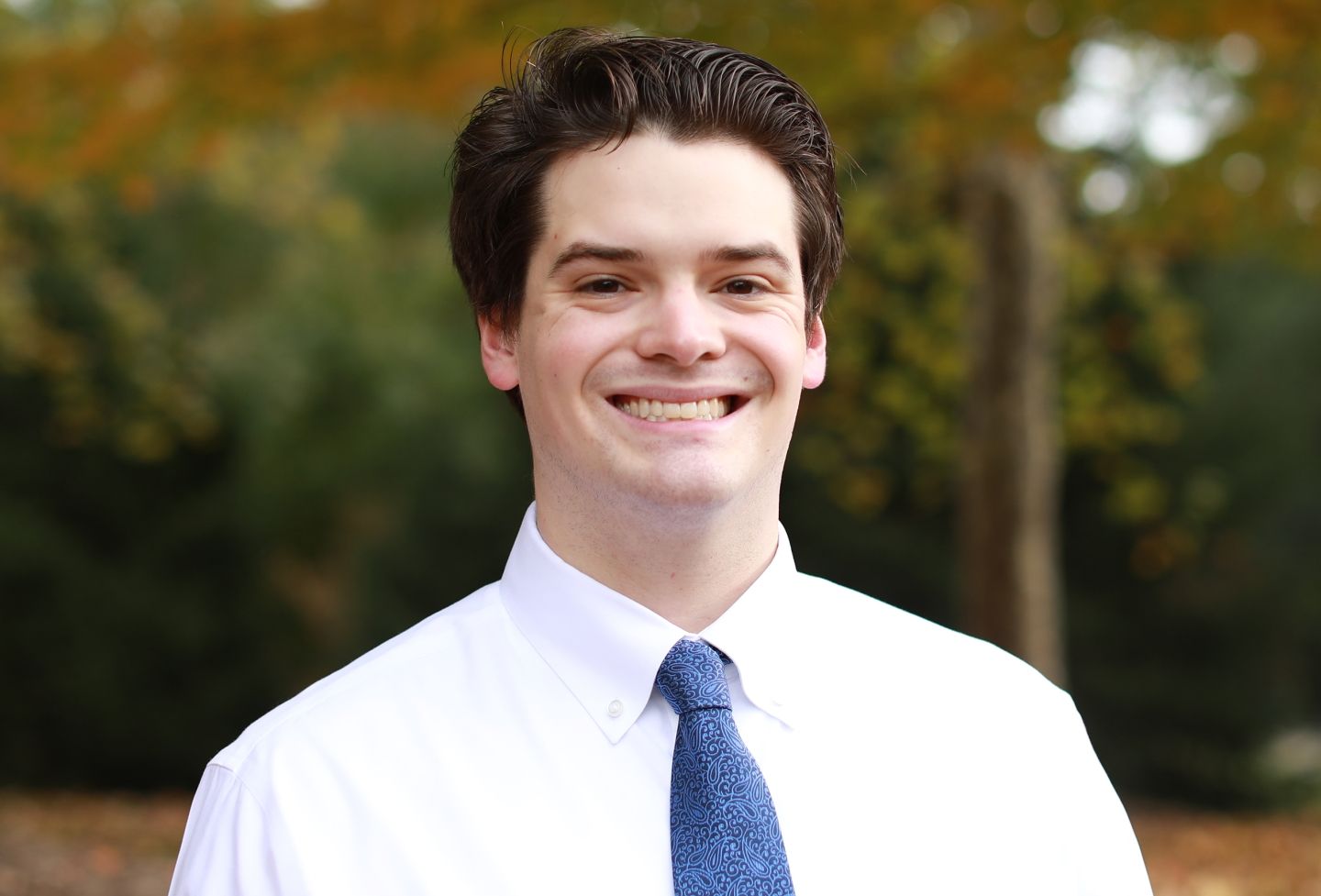Legal Profession Increasingly Recognizing Diversity as Critical Issue
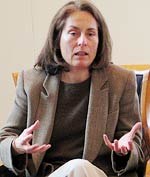
Although law firms are increasingly forming diversity committees and other initiatives to help cope with minority retention and recruitment, and clients are progressively demanding more diverse law firms, minority lawyers should realize they may need to be aggressive in seeking work and networking in their first years out of law school, according to a panel of attorneys who spoke at the Law School March 24 as part of Diversity Week.
Deborah Garza, a partner at Fried, Frank, Harris, Shriver and Jacobson in Washington, D.C., noted that things have changed a lot in the 23 years she's worked as an attorney. When she began her career, some older male lawyers were uncomfortable dealing with females associates, and some didn't know whether to treat female associates as daughters or potential conquests. Prior to that, law firms were predominantly comprised of white males. Firms like Skadden and Fried Frank formed in response to the glass ceiling Jewish lawyers faced in what were called "white shoe" firms in New York. Like many firms, Fried Frank has hired consultants in recent years to help reaffirm its commitment to diversity and openness, and is now highly regarded for its diverse workforce.
Furthermore, corporate clients, many of whom have agreed to a public initiative promoting diversity, require that their service providers, including law firms, be diverse. The general counsel of one such company a Fried Frank team met with insisted that the firm's diversity efforts be discussed first, before anything else about the firm's capabilities. "Twenty years ago you would have never encountered that," she said.
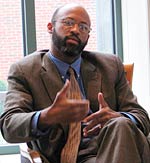
Keith Morgan '88, who works as Deputy Chief of the Civil Division in the U.S. Attorney's Office in Washington, D.C., said it was important that the legal staff in his office reflect the diversity of the community in which it works. Garza agreed, adding that working in a firm where white males are at the top can be uncomfortable for many. "We want to work in a diverse workplace and we also wanted a better fit with our community," she said.
Morgan noted that managers may, without any bad intentions, hire people like themselves and stay within their comfort zone; but managers can and will adapt when diversity is made a goal of the office, he said. Morgan said his office has concentrated on minority recruitment and retention in recent years. His division of 37 attorneys now includes 10 African-Americans.
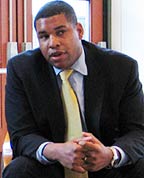
Fifth-year associate Nathaniel Friends Jr. said when he began working at King and Spaulding's Washington, D.C., office over a year ago he noticed a lot of minority associates being mentored by minority partners because they felt that person would be the best guide. "The goal of our committee is to break that perception," he said, and to not give preferential treatment for the wrong reasons. His clients "don't want to see people represent them that are all one particular type of person."
He defended the goals of the diversity committee. "It's not singling people out," he said. "It's more to make sure they have the same experience as everyone else."
Eridania Perez, a fifth-year associate at LeBoeuf, Lamb, Greene and MacRae, sits on a diversity committee that monitors minority recruitment and retention at her firm, as well as the workloads of associates. Perez said the committee focuses on "getting [diverse associates] the same quality of work as other associates"-a problem that mostly comes up at the initial stages of a lawyer's career. If a firm ensures its associates get quality assignments, "after that, it's up to you to prove you can perform."
One student at the panel who interviewed with Delaware law firms noticed a lack of African-American attorneys there, but in firms that did have black lawyers, she discovered that white first-year associates explained how difficult the work was, while African-American associates said, "'I have to go ask for work. I really don't have much to do at all.'
"I really don't think they understood how critical it was," she said, adding that it could affect their pay and status throughout their career.

Perez repeated the importance of a diversity committee as a substitute mentor to ensure associates are treated equally. "As a first-year, it happened to me," she said, explaining that when she felt she wasn't getting quality work, she took her complaints to the executive director of the firm, who after examining her efforts, praised them. She got a bonus raise as well.
Friends said he had the advantage of being a third-generation attorney and knew what to look for in a law firm. He first worked at Dewey Ballentine, where a senior associate who was African-American befriended him and let him know what projects he might want to work on, and the openly gay partner he worked for also encouraged his efforts. With the market hot when he started in 1999, he had a lot of responsibility from the beginning. Eventually, he became the person stopping by younger associates' offices and offering guidance. "The partners I worked for realized it's a give and take," he said.
Garza said it was "critically important" that first-year associates decide to take control of their career from the start and seek out a mentor. She added that minorities might find it tougher beginning their careers in a mostly or all-white workplace. On the other hand, she once advised a friend not to take a position in such an environment and he is now a highly successful lawyer. "Anybody of a diverse background is going to have, in my view, an extra challenge. You're going to have to work harder," she said. "I believe it's easier today than it was."
Diversity committees give you someone to go to when you have problems, she said. When you get out of law school "take charge of your career and seek those people outâ¦.you can't let them give up and you can't let them be lazy."
Asked about whether they spoke up when they heard offensive remarks at work, Morgan said, "that's what got us this far-individuals speaking up, fighting back."
He recalled meeting with President Clinton's transition team when he was working in the tax department; he told them the department doesn't look like America-of 300 attorneys only six were African-American-and one person responded that black people were not interested in tax law. Eventually an African-American woman was appointed to head the tax department. Morgan said he expected everyone to speak up when they hear offensive remarks. "It's not just an obligation from people on the diversity committee or people of a particular group."
Friends agreed, noting that "you do have an obligation to educate people." He said he preferred an open dialogue about race at work; at one point his bosses told him he might not want to go to Russia because of how he would be treated there, but he chose to go anyway.
However, "some people view it as, 'this guy's always causing trouble'" when you complain, he said, but in the long run such perceptions won't matter. "If you do good work, if you have access to work, you should get more. Period."
Friends recalled his first day on a hiring committee when he heard an older, retired partner talking about his vacation to Colorado, which he praised for its lack of black and Latino people. Friends walked by the man and said, "I heard you had a great vacation." Reluctant to confront him more directly, Friends talked to his mentor, who went through the appropriate channels to complain about the remark. "I hate to say it, but sometimes you've got to pick and choose your battles," he said. "Not let stuff slide-but bring it up at an appropriate time."
One student said it was important for non-minorities to participate in diversity committees as well. Friends noted that at least a third of the members on King and Spaulding's diversity committee are not minorities, to ensure everyone's involved, while Perez said that although only diverse associates are on her firm's committee, meetings are open and one associate from the general associates' committee attends each meeting.
In her final remarks Garza stressed the importance of the first few years after law school. "I can't overemphasize the importance of picking the right place to go to," she said, adding that the people you meet and what you learn in those first years can be critically important later.
Founded in 1819, the University of Virginia School of Law is the second-oldest continuously operating law school in the nation. Consistently ranked among the top law schools, Virginia is a world-renowned training ground for distinguished lawyers and public servants, instilling in them a commitment to leadership, integrity and community service.
